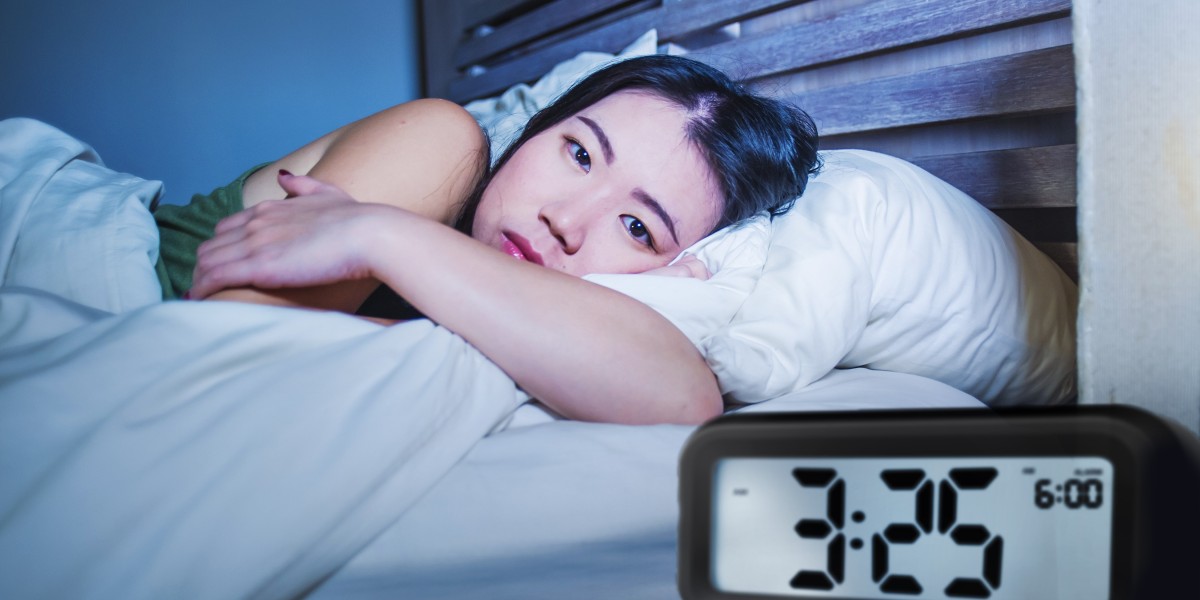Sleep is essential for overall health and well-being, yet many individuals struggle with insomnia and other sleep disorders. Insomnia, characterized by difficulty falling or staying asleep, can lead to a range of negative consequences, including fatigue, irritability, and decreased cognitive function. While various treatments exist for insomnia, one often overlooked method is exercise. This article explores the connection between physical activity and sleep quality, highlighting how exercise can serve as a powerful tool in combating insomnia.
Understanding Insomnia
What is Insomnia?
insomnia is a common sleep disorder that affects millions of people worldwide. It can manifest as difficulty falling asleep, waking up frequently during the night, or waking up too early and being unable to return to sleep. Insomnia can be classified into two main types:
Short-term and often triggered by stress or a specific event.
Persistent sleep problems lasting for at least three nights a week over three months.
Causes of Insomnia
Several factors can contribute to insomnia, including:
Worries about work, relationships, or health can keep the mind active at night.
Mental health disorders often disrupt sleep patterns.
Poor sleep hygiene, excessive caffeine or alcohol consumption, and irregular sleep schedules can all interfere with sleep.
Chronic pain, respiratory issues, and hormonal changes can lead to sleep disturbances.
The Role of Exercise in Sleep
How Exercise Affects Sleep
Research has shown that regular physical activity can significantly improve sleep quality. Here’s how:
Exercise stimulates the release of endorphins and serotonin, which can alleviate symptoms of anxiety and depression, both of which are common contributors to insomnia symptoms .
Physical activity can help establish a more consistent sleep schedule by promoting a more regular circadian rhythm. This rhythm helps signal to the body when it’s time to sleep and wake.
Engaging in regular exercise has been associated with longer sleep duration and improved sleep efficiency (the ratio of time spent asleep to the time spent in bed).
Types of Exercise Beneficial for Sleep
Not all exercises have the same impact on sleep. Here are some types that are particularly effective:
Activities like running, cycling, and swimming have been shown to improve sleep quality. Aim for at least 150 minutes of moderate aerobic exercise each week.
Resistance training can also benefit sleep by promoting physical fatigue and muscle relaxation.
Practices like yoga and tai chi focus on mindfulness and relaxation, which can help reduce stress and promote better sleep.
Scientific Studies Supporting the Link
Research Findings
Numerous studies have examined the relationship between exercise and sleep quality. Some notable findings include:
A study published in the journal Mental Health and Physical Activity found that individuals who engaged in regular moderate-intensity exercise reported significantly better sleep quality compared to sedentary individuals.
A study in the Journal of Clinical Sleep Medicine revealed that participants who exercised regularly fell asleep faster than those who did not exercise.
Research published in Sleep Medicine Reviews found that consistent physical activity can lead to long-term improvements in sleep quality and a reduction in insomnia symptoms.
Mechanisms Behind the Benefits
The exact mechanisms through which exercise improves sleep are still being studied. However, several theories exist:
Exercise raises body temperature, which may help facilitate sleep as the body cools down post-exercise.
Physical activity influences hormone levels, including cortisol (the stress hormone) and melatonin (the sleep hormone), promoting a healthier balance that supports sleep.
Exercise may improve the structure of sleep by increasing the amount of time spent in deep sleep, the restorative stage of sleep.
Best Practices for Using Exercise to Improve Sleep
Timing of Exercise
The timing of exercise can influence its effectiveness in improving sleep. While some people may find that exercising in the morning helps regulate their sleep-wake cycle, others may benefit from evening workouts. However, vigorous exercise close to bedtime can be stimulating and may disrupt sleep for some individuals. Aim to complete high-intensity workouts at least a few hours before bedtime.
Creating an Exercise Routine
To reap the sleep benefits of exercise, consider the following tips for establishing a routine:
Start with achievable goals, such as 20-30 minutes of moderate exercise a few times a week, and gradually increase as you feel comfortable.
Incorporate a variety of exercises, including aerobic, strength, and mind-body workouts, to keep your routine engaging and beneficial for both physical and mental health.
Pay attention to how your body responds to different types of exercise and adjust your routine as needed.
In summary
Exercise is a powerful tool that can significantly improve sleep quality and help alleviate the symptoms of insomnia. By reducing anxiety, regulating sleep patterns, and increasing sleep duration, physical activity plays a crucial role in promoting restorative sleep. Incorporating regular exercise into your daily routine can lead to healthier sleep habits and ultimately enhance overall well-being. If you struggle with insomnia, consider consulting with a healthcare professional to develop a comprehensive approach that includes exercise as part of your treatment plan.
Naijamatta is a social networking site,
download Naijamatta from Google play store or visit www.naijamatta.com to register. You can post, comment, do voice and video call, join and open group, go live etc. Join Naijamatta family, the Green app.
Click To Download

